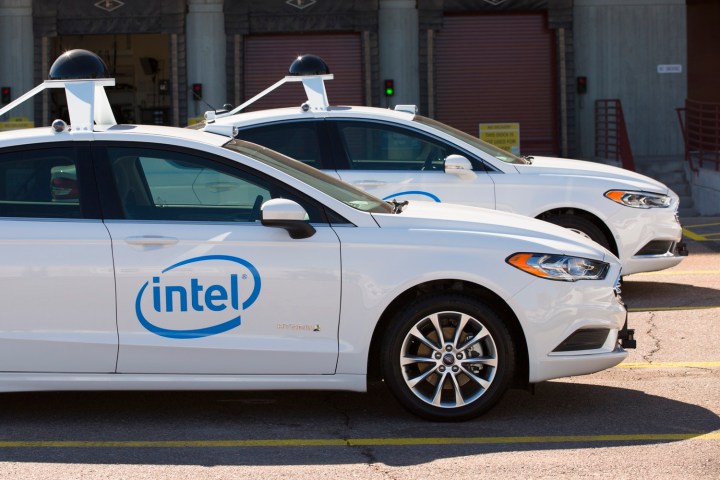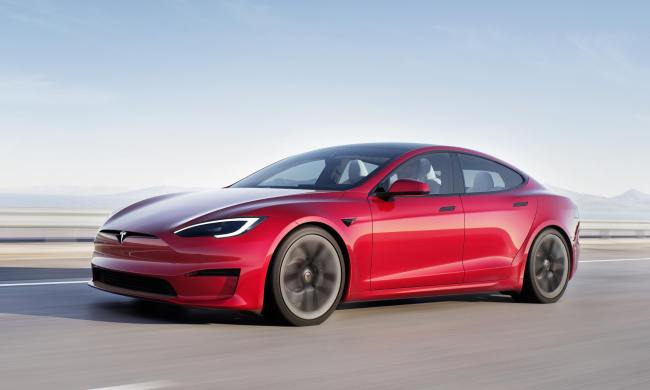
The SAE scale of autonomous-driving capability includes six levels, from 0 to 5. Level 0 cars have no self-driving capability whatsoever, while Level 5 cars are automated to the point where they don’t even have manual controls. Level 4 cars like the ones Intel and Mobileye are building can drive themselves in most situations, but may require occasional human assistance.
Israel-based Mobileye has become a major player in the emerging field of self-driving cars thanks to its sophisticated cameras, mapping systems, and image-recognition software. It previously supplied cameras for Tesla’s Autopilot system, but ended that partnership over concerns about Tesla’s use of the tech. That technology was likely what made Mobileye attractive to Intel, which believes self-driving cars will be a $7 trillion business by 2050.
Mobileye’s sensor tech will be combined with Intel computing platforms and cloud systems in the self-driving car prototypes. While Intel and Mobileye have an existing relationship with BMW, the cars themselves will come from multiple automakers “to demonstrate the technology’s agnostic nature,” an Intel press release said.
“This does not replace any customer activities; it is additive to them,” said Mobileye co-founder Amnon Shashua, who will become a senior vice president at Intel. “Our customers will benefit from our ability to use this fleet to accelerate our technology development. We want to enable automakers to deliver driverless cars faster while reducing costs — data we collect will save our customers significant costs.”
At CES 2017, Intel and Mobileye announced plans to work with BMW on a fleet of 40 autonomous prototypes, a project Delphi later joined. But Intel and Mobileye never intended for BMW to be an exclusive partner. Intel already has a small fleet of autonomous test cars independent of the German automaker, and Mobileye has enlisted Nissan and Volkswagen in a project to develop digital maps for self-driving cars.
The growing web of self-driving car partnerships is becoming difficult to navigate. But it may be necessary for companies to spread the costs of this complex new technology, rather than try to do everything in-house.


